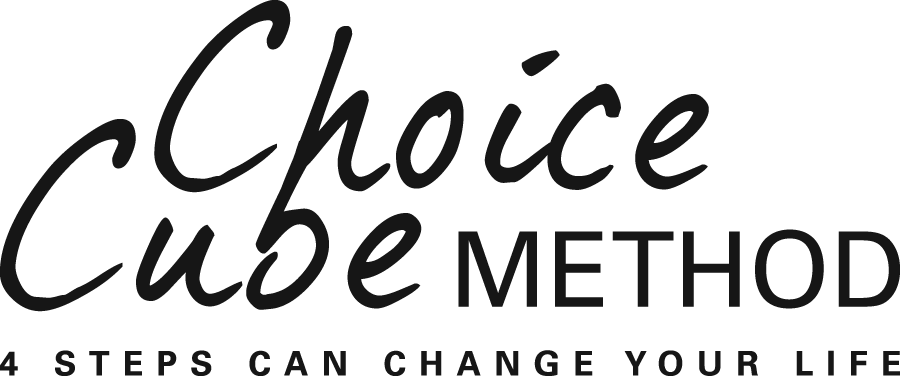What the Placebo Effect Can Teach Us about Our Mental States
/People who  rely on antidepressants to go on about their daily lives may be in for a bit of a shock at the revelation that follows. The benefits they obtain from the drugs they take may be – quite simply – only the results of the “placebo effect.”
rely on antidepressants to go on about their daily lives may be in for a bit of a shock at the revelation that follows. The benefits they obtain from the drugs they take may be – quite simply – only the results of the “placebo effect.”
What’s The Placebo Effect? The placebo effect happens when a sugar pill, for example, is substituted for the anticipated medication. In reality patients receive no medication; they just believed they did. And they feel better because they expect to feel better.
Quite the shocker, right? Recently, Irving Kirsch of the Harvard Medical School and Beth Israel Deaconess shared the result of his research, which basically makes a case for this very point.
Some Research According to Kirsch, the pharmaceutical companies that produce Prozac, Paxil and Zoloft had to repeat many clinical trials before they could obtain the minimum number of positive results necessary for FDA approval.
The numerous trials that failed to show positive results from the medication simply revealed no significant results. But even more interesting, the clinical trials that turned out positive revealed results that were barely significant.
On this basis, Kirsch suggests that subjects who experienced benefits from these drugs obtained them from the placebo effect rather than from the drugs themselves.
Now, what does this say about the power of our mental states?
The Mind-Body Connection Without a doubt, there is a vital link between our mental states and our physical health. Mental states affect our bodies and vice versa. It’s the typical case of the person allergic to cats who starts sneezing the moment he/she sets foot in the apartment of someone who has a cat.
But what if this person is merely reacting to the thought of a cat hair-filled apartment – in other words, with his mind instead of his body? It’s possible that our fear alone can breed physical symptoms, whether it’s the fear of cat hair or germs.
In an earlier post, we explained how emotional states send physical messages to the body through proteins called neuropeptides. These bodily messages may be linked to negative or positive attitudes that will affect us physically.
But one thing is certain…working through negative attitudes and mental states and choosing instead to deal with negative feelings in a healthy way may do wonders for us. We may even realize we don’t need the meds anymore.
Want to find out more about a way to treat depression that does not involve popping pills? In her book, Become the Person You Were Meant to Be, Dr. Beth Cujé sets forth tools and steps to help you move into the light and away from depression. Here’s your chance to download its first chapter for FREE. Just click here.

